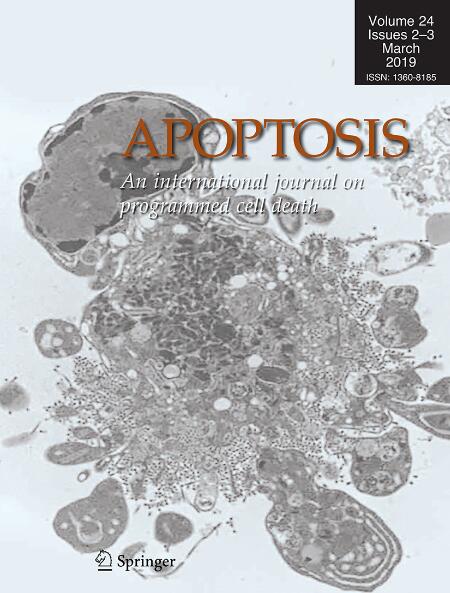长期服用PLD-pegylated多柔比星脂质体能否诱发口腔癌?
IF 6.1
2区 生物学
Q1 BIOCHEMISTRY & MOLECULAR BIOLOGY
引用次数: 0
摘要
白斑病是一种潜在的恶性口腔疾病,表现为不可拆卸的白色病变,通常与吸烟、酗酒和人乳头瘤病毒等危险因素有关。用于治疗癌症的聚乙二醇脂质体多柔比星(PLD)与继发性口腔癌有关,尤其是在白斑病患者中。一项病例研究显示,PLD 治疗后舌头上出现了鳞状细胞癌(SCC),这表明该药物与恶性转化之间存在潜在联系。尽管 PLD 有降低心脏毒性的优点,但由于治疗后口腔癌的风险持续存在,因此长期口腔监测至关重要。本文章由计算机程序翻译,如有差异,请以英文原文为准。
Is long-term administration of PLD-pegylated liposomal doxorubicin able to induce oral cancer?
Leukoplakia, a potentially malignant oral condition, manifests as a nonremovable white lesion that is often linked to risk factors such as smoking, alcohol, and HPV. Pegylated liposomal doxorubicin (PLD), which is used in cancer treatment, has been associated with secondary oral cancers, particularly in patients with leukoplakia. A case study revealed the development of squamous cell carcinoma (SCC) on the tongue following PLD treatment, suggesting a potential link between the drug and malignant transformation. Despite the benefits of PLD in reducing cardiac toxicity, long-term oral monitoring is essential due to the persistent risk of oral cancer posttreatment.
求助全文
通过发布文献求助,成功后即可免费获取论文全文。
去求助
来源期刊

Apoptosis
生物-生化与分子生物学
CiteScore
9.10
自引率
4.20%
发文量
85
审稿时长
1 months
期刊介绍:
Apoptosis, a monthly international peer-reviewed journal, focuses on the rapid publication of innovative investigations into programmed cell death. The journal aims to stimulate research on the mechanisms and role of apoptosis in various human diseases, such as cancer, autoimmune disease, viral infection, AIDS, cardiovascular disease, neurodegenerative disorders, osteoporosis, and aging. The Editor-In-Chief acknowledges the importance of advancing clinical therapies for apoptosis-related diseases. Apoptosis considers Original Articles, Reviews, Short Communications, Letters to the Editor, and Book Reviews for publication.
 求助内容:
求助内容: 应助结果提醒方式:
应助结果提醒方式:


